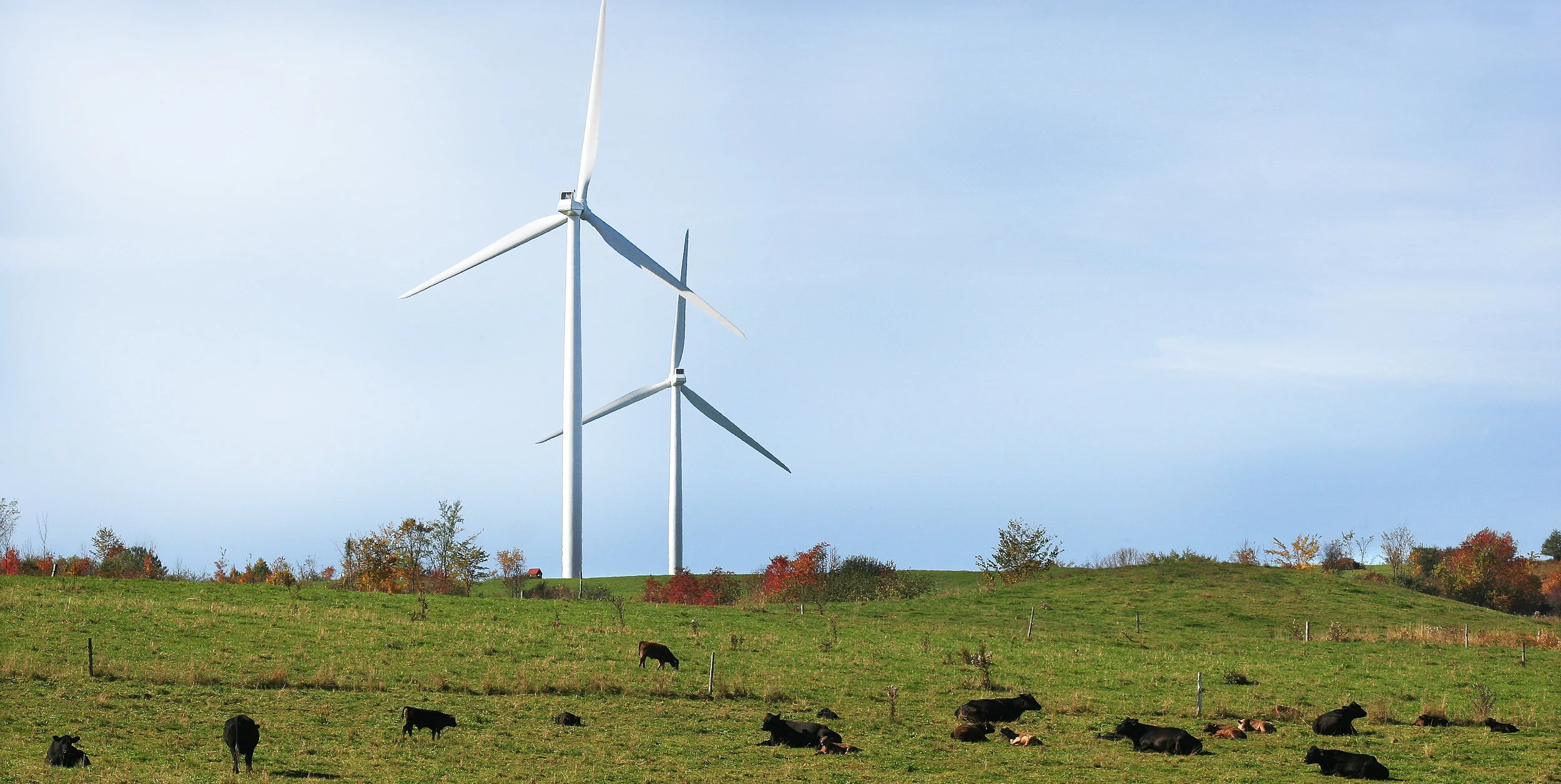Mission Statement:
The mission of Friends of Upstate NY Wind is to support the growth of responsibly-sited wind power projects in New York State by providing accurate information regarding the benefits of wind power: energy diversity and security, construction jobs that pay prevailing wage and provide family-sustaining wages and benefits for communities, tax revenue and economic development, and public health. We aim to increase the amount of operating wind projects in Upstate New York.
What does it mean to join Friends of Upstate NY Wind?
Organizations that sign on to join Friends of Upstate NY Wind are signaling that they agree with the mission statement and support the growth of responsibly-sited wind power projects and the jobs they create. They are not endorsing any specific wind power proposal, and they recognize that each proposal should and will undergo its own environmental review, public participation, and permitting processes. Organizations that sign on will be listed on our website. Your organizational name will not be used on any other publications or materials without express permission.
What does it mean to be responsibly-sited?
Friends of Upstate New York Wind supports responsibly-sited land-based wind power in New York State. Responsibly-sited projects are those that successfully complete the comprehensive Article 10 siting and permitting process. Article 10 involves significant public outreach and involvement; a complete assessment of environmental and community impacts (e.g. sound, wildlife, decommissioning, wetlands, agriculture); and a minimization and mitigation of all identified environmental and community impacts. Projects that are procured as part of New York’s Clean Energy Standard are required to pay prevailing wage for construction. Projects must also successfully negotiate an agreement with host towns or the local Industrial Development Agency (IDA) regarding taxation and allocation of tax revenues. Lastly, under Article 10, a wind farm must comply with all local laws or be granted a waiver after demonstrating that a local law is unreasonably burdensome.

